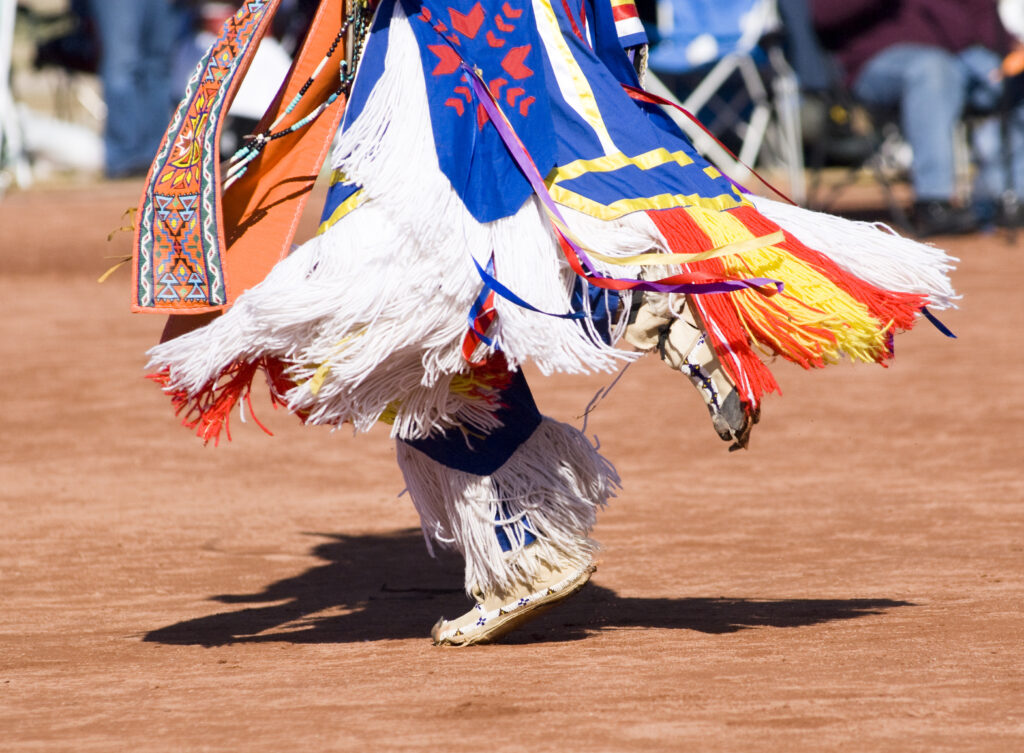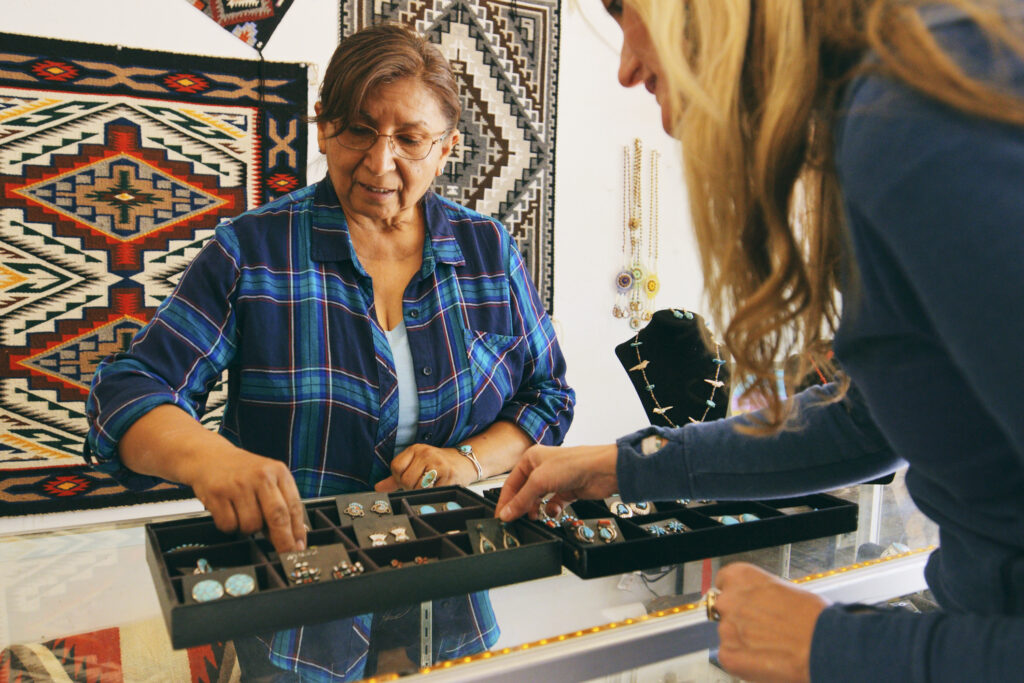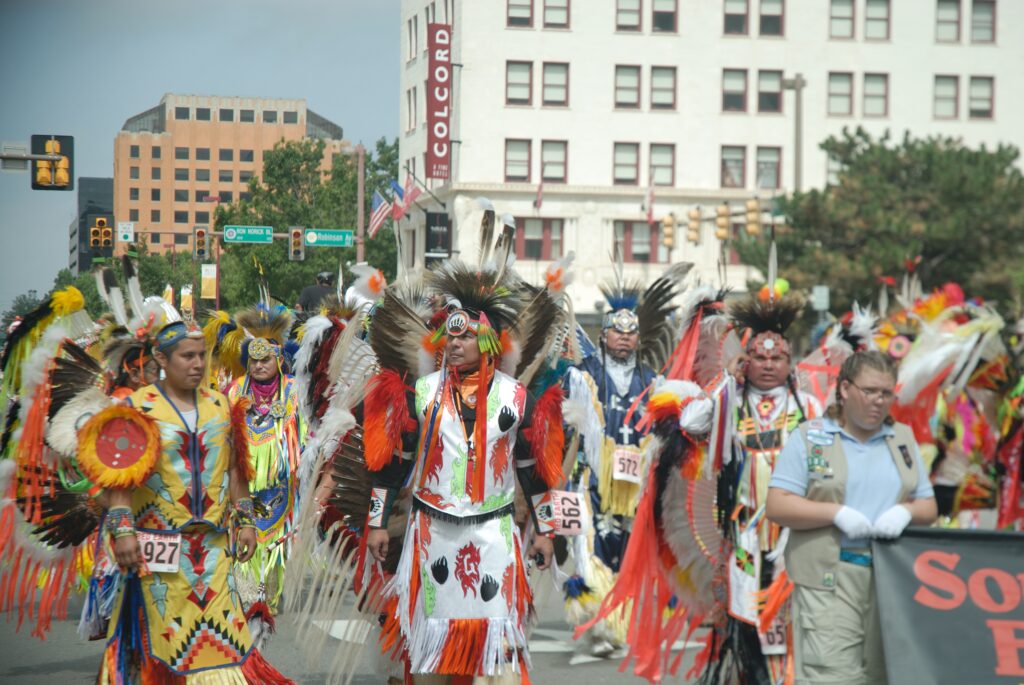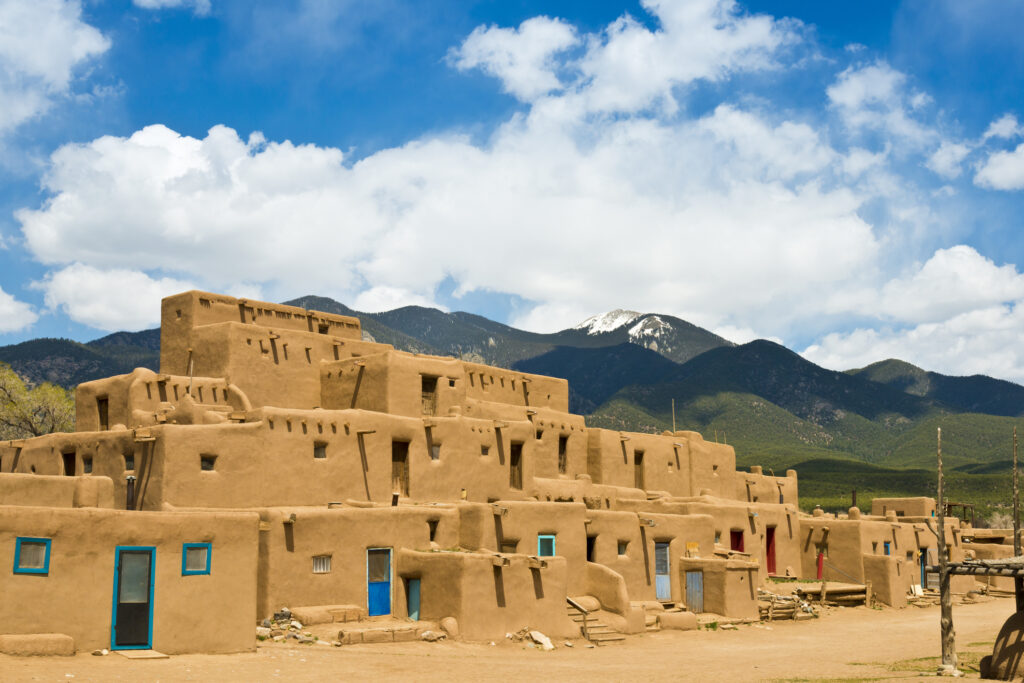Exploring Indigenous History and Culture on Your Travel Assignments
No matter where your travels take you in the United States—or across North America—you’re stepping onto the vibrant ancestral lands of Indigenous peoples. The U.S. has over 500 federally recognized tribes!
One of the biggest perks of travel is experiencing the local culture and history of every destination you travel to. Exploring the history and stories of Indigenous and Native peoples can help deepen your understanding of and respect for the places you live and explore on assignment.
Embracing Indigenous Culture as a Healthcare Traveler
Traveling through or working near Indigenous communities offers fantastic opportunities for learning and appreciation. It’s essential to engage with respect and care. Here are some simple ways to deepen your understanding and enhance your travel nursing experience:
- Visit Cultural Centers and Museums: Many cities have cultural centers and museums showcasing Indigenous history, art, and traditions. These are great starting points for learning about the local community’s history and current challenges.
- Attend Powwows and Festivals: If you’re fortunate enough to be in an area during a powwow or cultural festival, attending these events can provide valuable insight into Indigenous traditions. Just remember to be mindful of proper etiquette, like asking before taking photos and recognizing sacred practices.

- Volunteer with Local Initiatives: Many Indigenous communities face healthcare disparities. As a healthcare professional, you might have opportunities to volunteer your time and expertise at local clinics or events. Always ensure your help is requested and aligns with the community’s needs.
- Learn the History: Take time to understand the history of the land where you’re working, especially its Indigenous heritage. This effort can enrich your experience and foster a greater appreciation for the region’s cultural landscape.
- Support Indigenous-Owned Businesses: Supporting local artisans, shops, and restaurants is a wonderful way to engage with the local economy while honoring the community’s culture and craftsmanship. Look for Native-owned markets, galleries, and restaurants that offer authentic cultural experiences.

U.S. Cities Celebrating Indigenous Heritage
Many U.S. cities are known for embracing and celebrating their tribal communities. Several cities recognize Indigenous Peoples Day instead of Columbus Day and host events honoring Native American History Month each November. Here are a few cities you may explore on your travels that offer a range of events and opportunities to learn more about Indigenous cultures and histories.
Albuquerque, New Mexico
Known for hosting the Gathering of Nations Powwow, one of the largest powwows in North America, Albuquerque celebrates its Indigenous heritage through events and cultural landmarks, such as the Indian Pueblo Cultural Center, representing the 19 Pueblos of New Mexico.
Santa Fe, New Mexico
Santa Fe is home to the Santa Fe Indian Market, showcasing Native American art, and the Museum of Indian Arts & Culture, making it a cultural hub for Indigenous art and history in the Southwest.
Oklahoma City, Oklahoma
As the home of the First Americans Museum and the Red Earth Festival, Oklahoma City plays a central role in celebrating the cultures of Oklahoma’s 39 tribes.

Anchorage, Alaska
Anchorage honors Alaska Native heritage through the Alaska Native Heritage Center and the AFN Convention, the largest annual gathering of Alaska Native peoples.
Tulsa, Oklahoma
With strong ties to the Cherokee, Muscogee (Creek), and Osage nations, Tulsa celebrates its Indigenous history through events like the Cherokee National Holiday and the Tulsa Powwow.
Phoenix, Arizona
Phoenix offers opportunities to engage with the cultures of nearby tribes, such as the Navajo and Hopi. The Heard Museum and the annual Heard Museum Guild Indian Fair & Market provide insight into Native art and culture.
Rapid City, South Dakota
Rapid City is a gateway to learning about Lakota history, with landmarks like the Journey Museum and the Black Hills Powwow, a celebration of Native American culture and traditions.
Seattle, Washington
Seattle, home to the Duwamish and Suquamish peoples, hosts the Seafair Indian Days Powwow and the Daybreak Star Indian Cultural Center, offering visitors a way to connect with Coast Salish heritage.
Taos, New Mexico
Taos is renowned for Taos Pueblo, a UNESCO World Heritage Site, where you can experience one of the oldest continuously inhabited communities in North America.

Billings, Montana
Billings celebrates its proximity to the Crow and Northern Cheyenne reservations with the Montana State University Billings (MSUB) Powwow and cultural exhibits that highlight Indigenous history in the region.
Enriching Your Travel Experience
As you embark on your assignments, remember that every community has a unique history and traditions. Exploring the Indigenous history of your travel destinations can enrich your professional journey and personal growth, whether through attending a powwow, visiting a cultural center, or simply learning more about the land and its people. These cultural experiences will help you develop a new perspective of every place you travel, enhancing your travel experience in new, meaningful ways.







